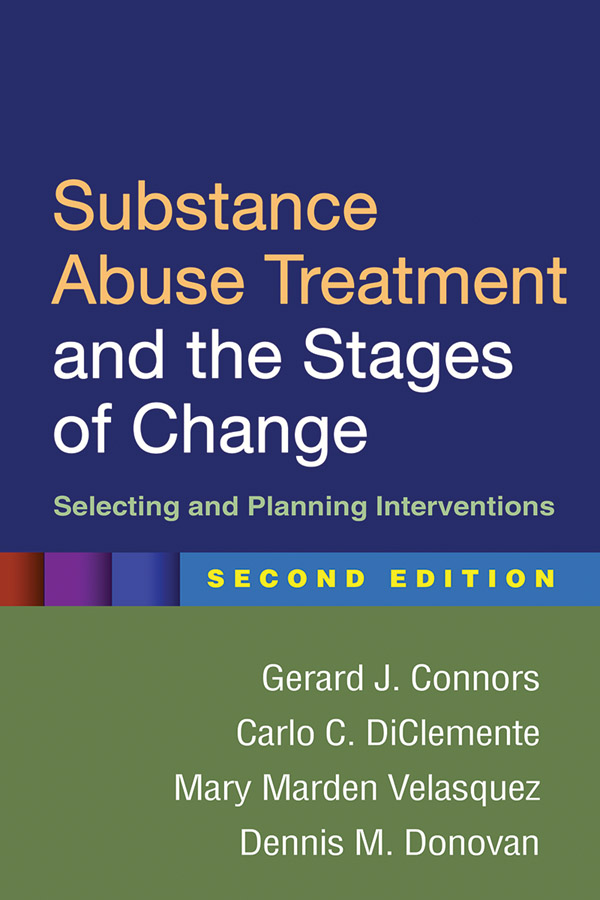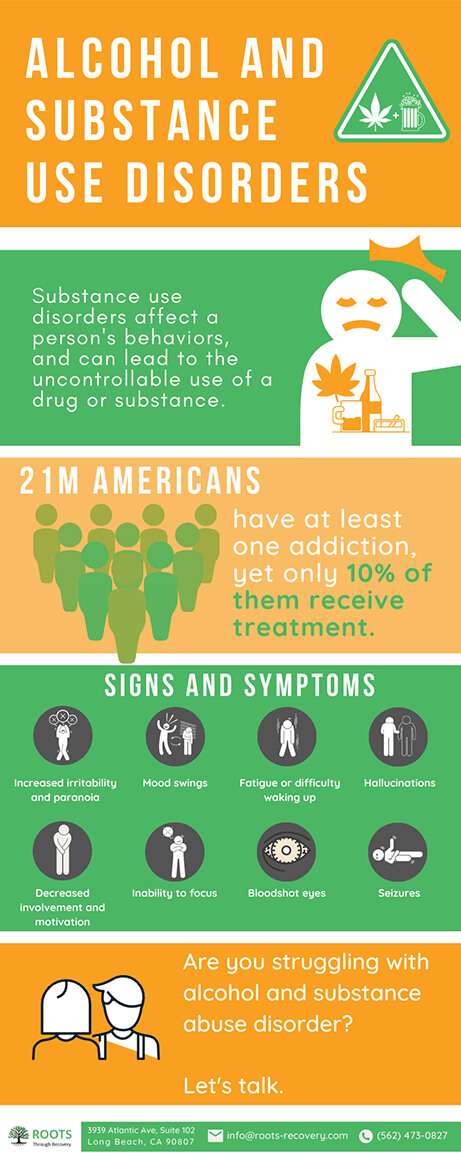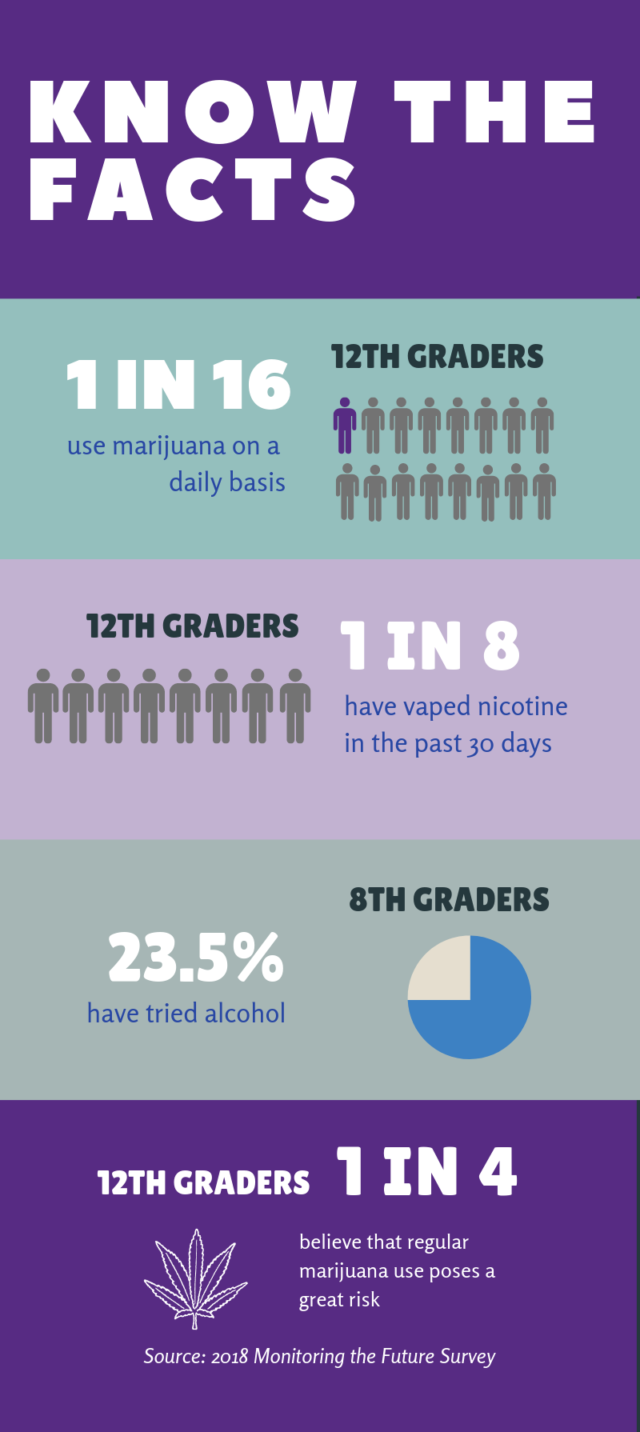How rehab near Chester NJ enhances addiction treatment for long-term success
Wiki Article
A Comprehensive Overview to Substance Abuse Rehab
Substance Abuse rehab, frequently described as rehab, is a structured procedure designed to assist people conquer dependancy on drugs, alcohol, or various other habit forming substances. It is not simply concerning cleansing-- it is a trip of psychological, emotional, and physical improvement. Rehabilitation centers offer secure environments where individuals can face the source of their addiction, address mental triggers, and find out dealing mechanisms to endure lasting soberness. This process is directed by skilled specialists, including therapists, medical doctors, and therapists that recognize the intricate nature of addiction as both a behavioral and physiological problem.Recognizing the Core important Abuse Recovery
At its core, rehabilitation is about rebuilding a person's life. Addiction typically leaves deep marks-- stretched connections, economic distress, health issue, and mental illness. Via thorough rehabilitation programs, people are offered the devices to fix these elements slowly. Rehabilitation isn't nearly abstaining from compounds; it's regarding reclaiming control and uncovering one's sense of self-worth. The programs stress framework, uniformity, and individual responsibility, which are key to lasting recuperation success. Every tiny turning point during rehab functions as a structure for lasting soberness.Substance Abuse Abuse rehabilitation is not a one-size-fits-all strategy. It identifies that everyone's dependency story is unique-- what led to Substance Abuse abuse, exactly how it progressed, and just how recovery can be continual vary widely. Consequently, therapy centers tailor treatment plans based upon private assessments, making certain that every patient receives assistance that aligns with their mental state, dependency history, and life conditions. This personalized technique greatly enhances healing outcomes and aids prevent regression once individuals rehabilitate into daily life.
The Advantages of Inpatient Rehabilitation Programs
Inpatient rehab, also called domestic treatment, provides among one of the most effective methods for those battling serious Substance Abuse addiction. One of its main benefits is the organized and distraction-free atmosphere. When an individual gets in an inpatient center, they are momentarily gotten rid of from exterior triggers-- such as friends that make use of materials, demanding offices, or family members disputes-- that may hinder their recuperation. This seclusion from unfavorable impacts allows clients to concentrate completely on healing. Living within a supportive and monitored setting creates the stability required to damage old routines and develop much healthier patterns of habits.Another major benefit of inpatient rehabilitation is the 24/7 expert supervision available per individual. Withdrawal signs from drugs or alcohol can be uncertain and, in some cases, serious. Inpatient centers have clinical groups that give continuous treatment, making sure patients are secure and comfy throughout cleansing. Past physical wellness, constant guidance likewise offers psychological peace of mind-- patients recognize that assistance is available at any kind of time, which decreases anxiety and develops count on in the recuperation process. This prompt access to medical and mental assistance substantially enhances the success price compared to outpatient treatment for severe addictions.
Last but not least, inpatient rehab programs cultivate a strong feeling of community and responsibility. Clients connect with others who share comparable battles, take part in team therapy, and engage in tasks that urge teamwork and compassion. This environment nurtures good understanding and reduces feelings of seclusion often related to dependency. By getting in touch with peers and gaining from their experiences, people create social bonds that continue to support them also after leaving the center. This feeling of belonging, combined with constant specialist guidance, makes inpatient rehab an extremely reliable structure for sustainable recovery.
Inpatient Rehab Solutions Supplied
Inpatient recovery centers offer a diverse variety of solutions created to deal with the spirit, body, and mind simultaneously. The initial stage usually includes clinical detoxing, a procedure that securely eliminates materials from the body while taking care of withdrawal signs and symptoms. Detoxification is managed by physician that might provide medicine to alleviate pain and stop issues. When detoxification is total, clients shift to structured daily programs that include therapy, counseling, and health tasks. This incorporated technique guarantees that patients not just get rid of physical dependence yet likewise address psychological and psychological facets of addiction.Healing solutions are at the heart of inpatient rehabilitation. Facilities offer person therapy sessions, where people work individually with certified specialists to discover the underlying reasons of their addiction-- such as injury, mental wellness conditions, or unsolved psychological discomfort. Cognitive-behavioral treatment (CBT), dialectical behavior modification (DBT), and inspirational talking to are among one of the most typical evidence-based methods utilized. Furthermore, group treatment sessions offer an encouraging space for individuals to share experiences, gain perspective, and establish social skills. Household treatment is also often consisted of, helping to reconstruct trust fund and improve interaction in between patients and their liked ones.
Past traditional therapy, lots of inpatient programs consist of holistic and leisure services to promote general health - addiction treatment. Yoga exercise, meditation, art therapy, and physical fitness programs help in reducing tension and instruct mindfulness. Nutritional counseling look at this site makes certain that patients rebuild physical health, as Substance Abuse typically diminishes the body's crucial nutrients. Some rehabilitation focuses also offer employment training and academic workshops to assist individuals plan for reintegration right into culture. These varied solutions are created to recover the entire individual-- not simply treat addiction signs-- by fostering balance, purpose, and strength
Why You Should Think About Outpatient Programs
While inpatient rehab offers an immersive and extensive technique, outpatient programs offer an alternative that allows adaptability for people who can not commit to permanent property treatment. Outpatient rehab makes it possible for individuals to get structured treatment and medical support while keeping their everyday responsibilities-- such as family members, job, or institution care. For many individuals with light to modest addiction, outpatient therapy uses the ideal balance between recovery and day-to-day life. It allows people to exercise the coping abilities they discover in real-world environments, reinforcing their resilience despite daily obstacles.Another factor to consider outpatient programs is their cost-effectiveness. Inpatient treatment can be pricey because of holiday accommodation, meals, and 24-hour guidance, which may not be economically viable for everybody. Outpatient programs, nevertheless, generally set you back much less because they do not call for residential remains. Lots of facilities use sliding-scale repayment alternatives or approve insurance to make treatment obtainable. For those that have currently finished inpatient rehab, transitioning right into an outpatient program functions as a useful continuum of care, assisting keep accountability and stop regression via ongoing support.
Furthermore, outpatient programs use a high level of customization. Individuals can pick between partial hospitalization programs (PHP), intensive outpatient programs (IOP), or common outpatient treatment, relying on their level of need. Each option offers varying degrees of framework and time commitment. As an example, IOPs commonly entail several treatment sessions each week, while common outpatient treatment may include regular counseling check outs. This adaptability ensures that clients can obtain specialist help customized to their healing phase, making outpatient programs a sensible and encouraging selection for lasting healing maintenance.

Checking Out Various Other Therapy Alternatives basically Abuse Recuperation
Past inpatient and outpatient rehab, there are several other treatment options available for individuals seeking recovery from Substance Abuse addiction (rehab near Chester NJ). Medication-assisted treatment (MAT) is one such approach, combining prescribed medications with behavioral treatment to manage withdrawal signs and symptoms and reduce cravings. Drugs like naltrexone, methadone, or buprenorphine are typically made use of in opioid addiction treatment, while acamprosate or disulfiram might sustain alcohol recovery. MAT aids maintain brain chemistry, allowing people to concentrate on treatment and lifestyle changes without the frustrating pain of withdrawal
Alternative treatments are likewise becoming significantly prominent in Substance Abuse Abuse therapy. These may consist of holistic practices like acupuncture, horse therapy, adventure-based therapy, and spiritual healing programs. While these approaches might not replace standard therapy, they can match it by improving psychological regulation, self-awareness, and self-confidence. The goal of checking out various treatment alternatives is to create a recuperation strategy that resonates with each person's values, beliefs, and lifestyle. A customized combination of treatments usually produces one of the most sustainable results, encouraging individuals to live a fulfilling, substance-free life.
The Course to Long-Term Sobriety and Recovery
Finishing rehab-- whether inpatient or outpatient-- is only the start of a lifelong healing trip. Aftercare programs play an important duty in maintaining sobriety and protecting against relapse. These programs may consist of continuous treatment, support groups like Narcotics Anonymous or Twelve Step Programs, and sober living setups that offer continued framework. Uniformity and area are important; individuals that remain attached to recovery networks are most likely to maintain lasting progress. Rehab instructs the needed coping abilities, yet aftercare ensures that those skills are applied and strengthened in real-life circumstances.Long-lasting healing additionally relies on way of living adjustments that sustain physical and mental well-being. Developing healthy and balanced habits-- such as regular exercise, balanced nourishment, and mindfulness techniques-- aids recover equilibrium to the mind and body. Participating in deliberate tasks like offering, going after pastimes, or reconnecting with liked ones can fill the emotional void left by Substance Abuse usage. Concentrating and creating a favorable state of mind on future goals give recovering people a restored sense of identity and instructions. Soberness is not regarding deprival; it's about reclaiming life's splendor and chances.

Through comprehensive rehab programs, people are provided the devices to repair these facets progressively. Inpatient rehab programs foster a solid feeling of neighborhood and anchor accountability. While inpatient rehabilitation uses an immersive and intensive approach, outpatient programs give a choice that enables flexibility for people that can not commit to permanent property treatment. Outpatient rehabilitation allows patients to obtain structured treatment and clinical support while keeping their daily duties-- such as household, college, or work treatment. Beyond outpatient and inpatient rehab, there are numerous other therapy options offered for people seeking healing from Substance Abuse addiction.
Report this wiki page